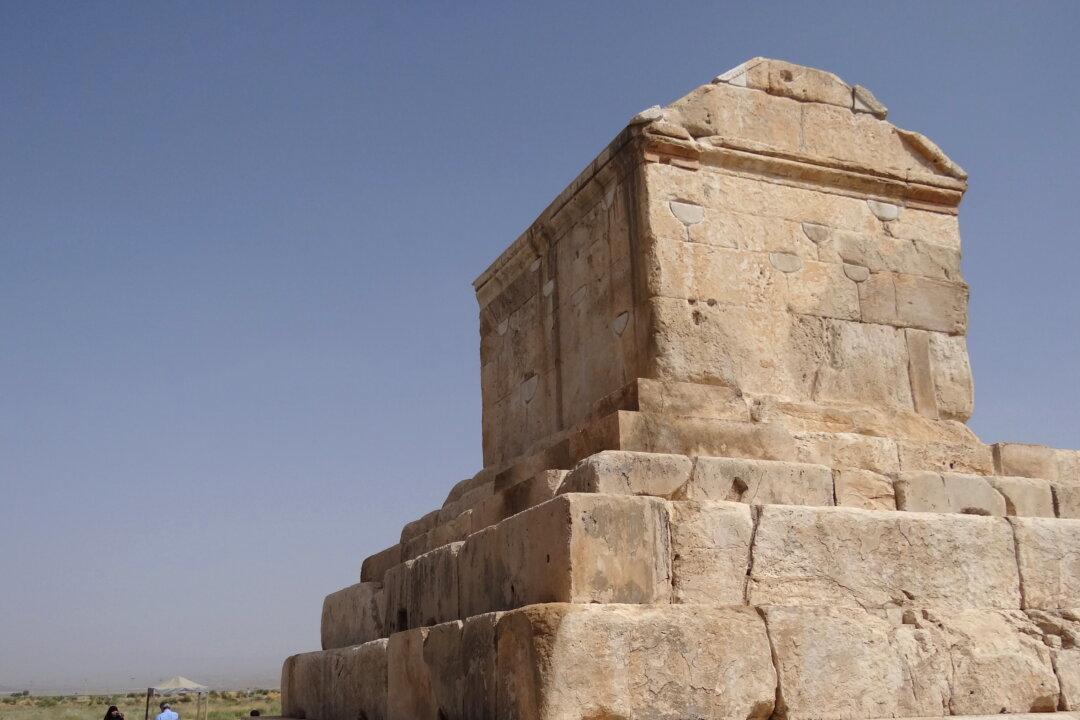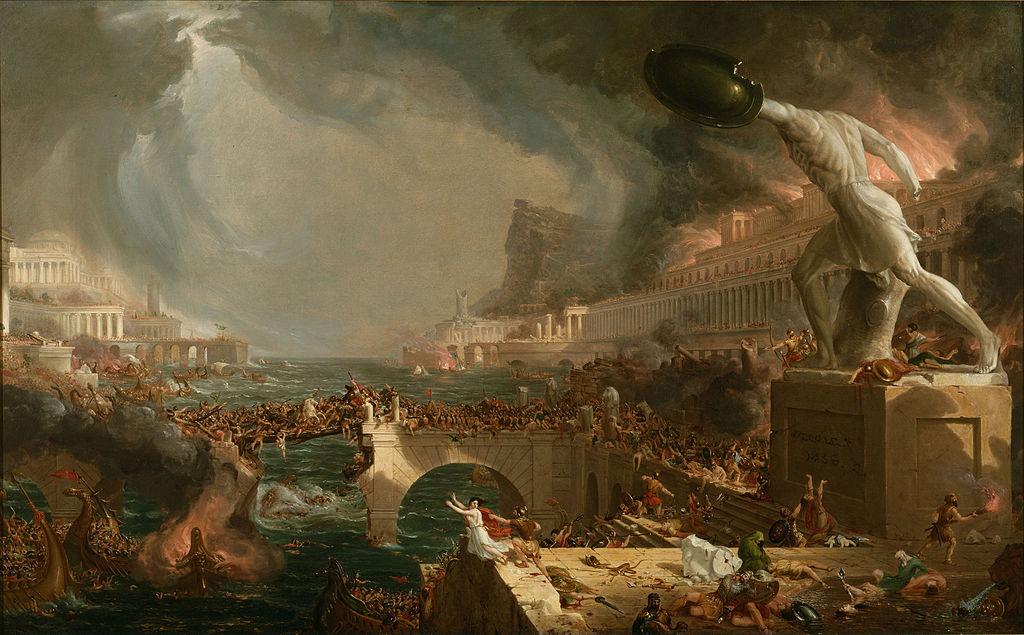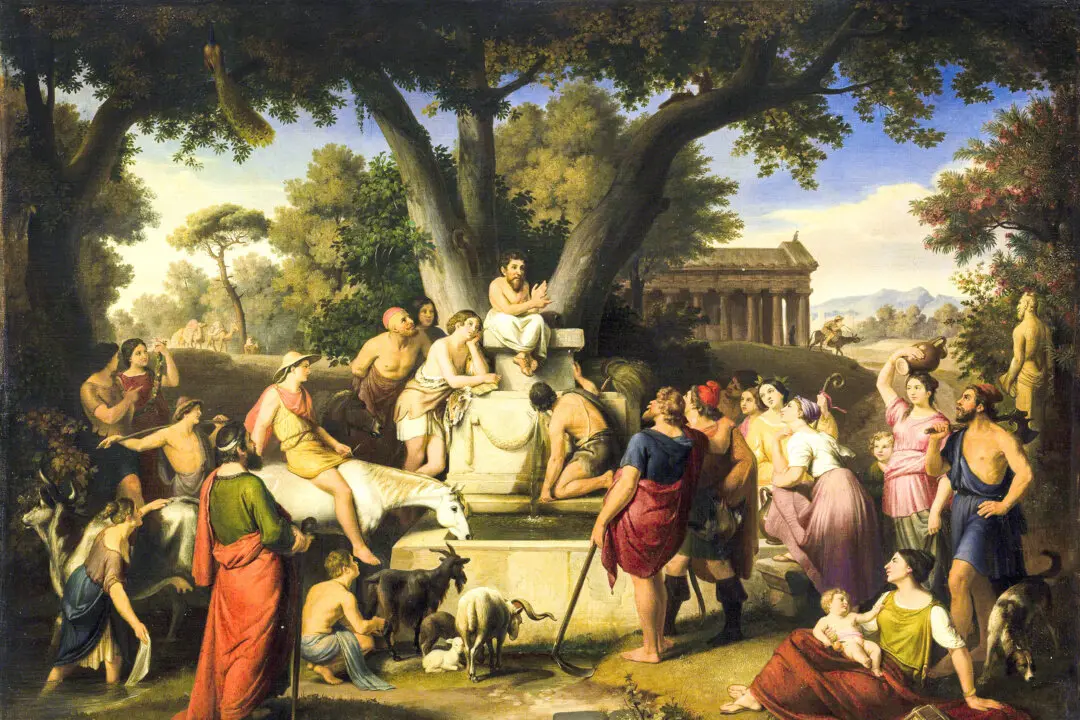What traits must a great leader possess? This deceivingly simple question should be on everyone’s mind. Understanding the qualities that define great leaders helps us recognize and cultivate them in ourselves.
One of the oldest portraits of a leader and his qualities is Xenophon’s “Cyropaedia.” Although it was written over two millennia ago, this biography contains crucial insights into the nature of leadership. Through a series of examples from the life of Cyrus the Great of Persia, Xenophon discussed 3 traits every leader must have.






